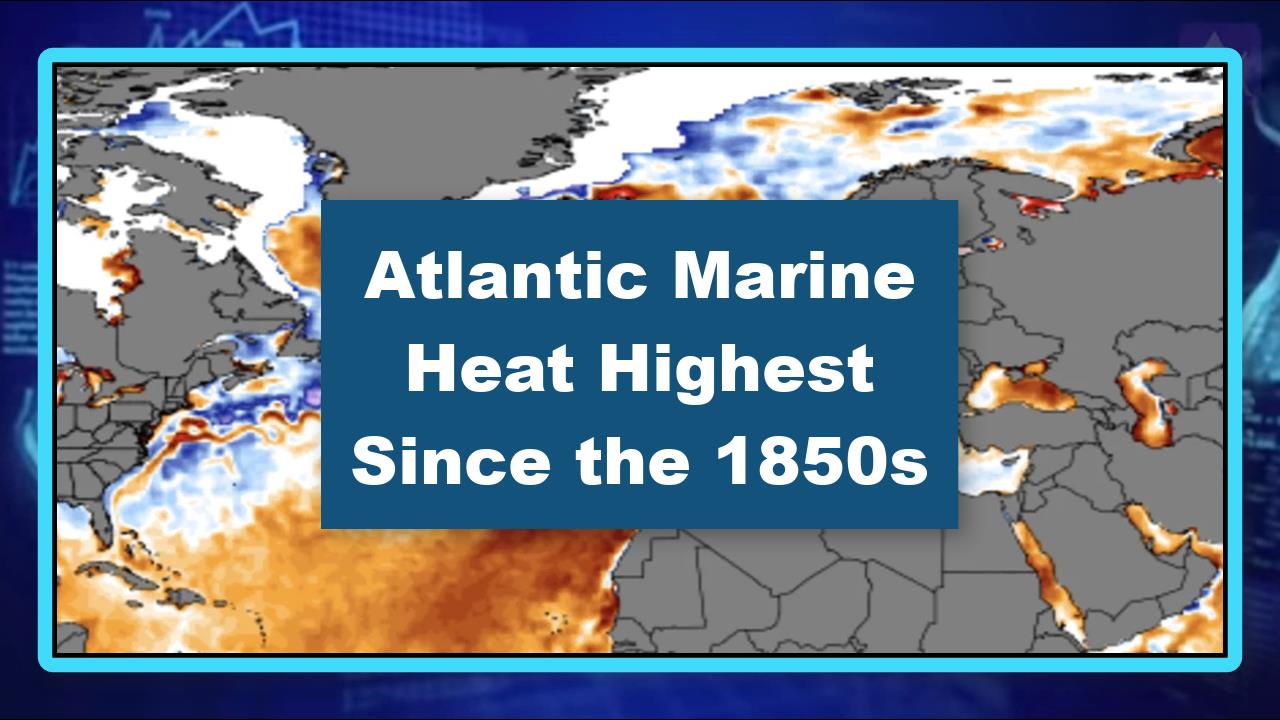AI Analysis:
A warmer Atlantic Ocean can have significant implications for the annual hurricane season. Firstly, higher ocean temperatures provide the necessary fuel for hurricanes to form and intensify. Warmer waters increase the evaporation rate, resulting in more moisture in the atmosphere, which can fuel the development of powerful storms. As a result, a warmer Atlantic Ocean can lead to an increased frequency and intensity of hurricanes during the year's hurricane season.
Secondly, elevated ocean temperatures can expand the geographical range in which hurricanes can form and thrive. Warmer waters can extend further northward, allowing hurricanes to potentially reach regions that were previously less susceptible to their impact. This expansion of the hurricane-prone area can put coastal communities at greater risk, increasing the potential for widespread damage and threats to human lives.
Furthermore, a warmer Atlantic Ocean can influence the atmospheric conditions that influence hurricane formation. Warmer ocean temperatures can lead to the weakening of wind shear, which is the variation of wind speed and direction with height. Wind shear helps disrupt the vertical development of hurricanes, preventing their intensification. When wind shear weakens, hurricanes have a better chance of growing stronger and more destructive. Therefore, a warmer Atlantic Ocean can create an environment conducive to the development of more intense hurricanes during the annual hurricane season.
Take our online poll:
Video:
References:


Comments